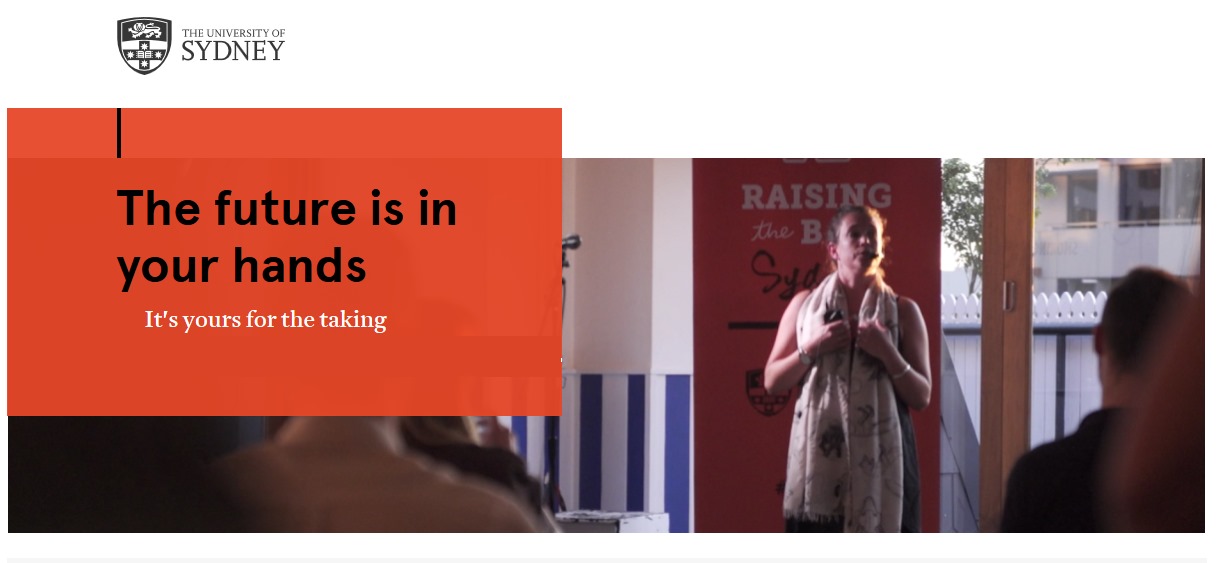Students and society urged to “unlearn” the purpose of business
- Written by TREVOR WATSON | Director of Media The University of Sydney Business School
Universities must help students and the community more generally, to “unlearn” the traditional profit oriented purpose of business if the world is to have a sustainable future, according to a leading researcher at the University of Sydney Business School.
Associate Professor Dr Ranjit Voola, who has developed a postgraduate course called Poverty Alleviation and Profitability, says that the popular view that the role of business is to maximise shareholder value must change.
“In the future businesses will also have to consider social issues along with profit if we are to survive,” said Dr Voola. “Through their teaching, research and engagement, universities have a huge role to play when it comes to changing business and community perceptions.”
Dr Voola’s comments follow the publication of guidelines for tertiary institutions wishing to help implement the United Nations Sustainable Development Goals.
The guidelines have been published by the United Nations linked Sustainable Development Solutions Network which describes the UN goals, backed by member nations two years ago, as “one of the most ambitious and important global agreements in recent history”.
The 17 Sustainable Development Goals (SDGs) aim to end poverty, encourage economic prosperity and ensure social inclusion, environmental sustainability, peace and good governance for all countries and all people by 2030.
“The SDGs cover a wide range of complex social, economic, and environmental challenges and addressing them will require transformations in how societies and economies function and how we interact with our planet,” the guidelines say. “Education, research, innovation and leadership will be essential in helping society address these challenges.”
Specifically, the document says that “universities, with their broad remit around the creation and dissemination of knowledge and their unique position within society, have a critical role to play in the achievement of the SDGs”.
The guidelines single out Dr Voola’s poverty alleviation and profitability course as an example of the kind of program that universities worldwide ought to consider.
The Guidelines describe the course as an exploration of poverty and the role of business in its alleviation.
“There are 4 billion people who live on less than $5 a day but only companies that rethink their business models from the traditional ‘low volume and high margins’ to ‘low margins and high volume’, will be able to address social issues ethically, as well as make profits,” says Dr Voola.
“The future belongs to the companies that rethink their single-minded drive for profit, and instead look to developing countries for opportunities to make money, while improving peoples’ lives,” he said.
The new guidelines also highlight the University of Sydney’s Business School’s involvement in Sydney’s annual Social Good Summit, which focuses on the efforts of business, not-for-profit organisations, government and civic society to implement the SDGs.
The Dean of the Business School, Professor Greg Whitwell, has welcomed the publication of the new university guidelines saying that a focus on the UN’s SDGs was in keeping with the School’s “business not as usual” approach.
“Business not as usual means challenging the status quo, challenging established norms, the things that people take for granted,” Professor Whitwell concluded. “It’s also about the School being an influential voice in the public policy debate and loudly proclaiming the importance of giving as much weight to people and planet as to profits.”
More Info http://ap-unsdsn.org/wp-content/uploads/2017/08/University-SDG-Guide_web.pdf












